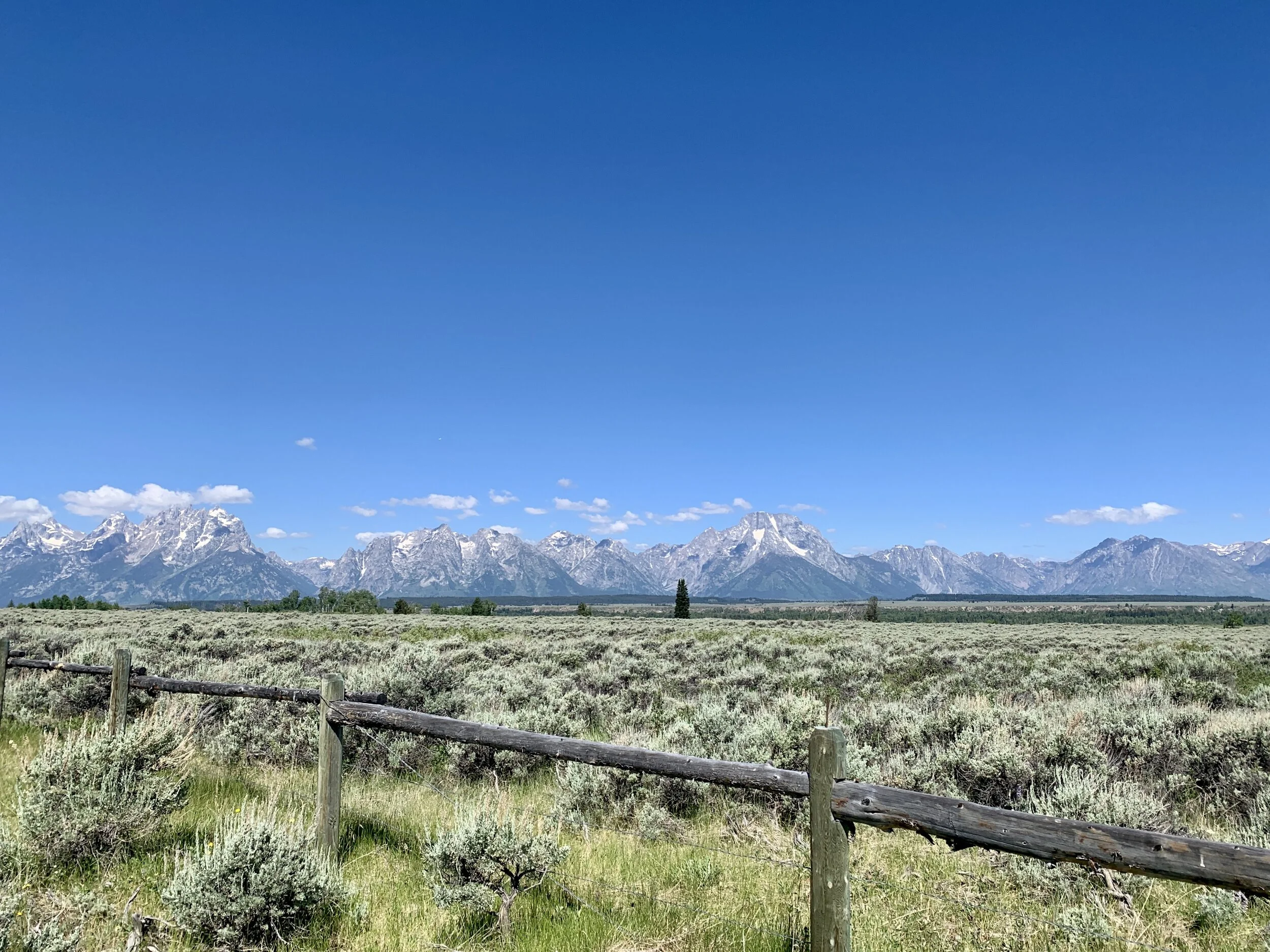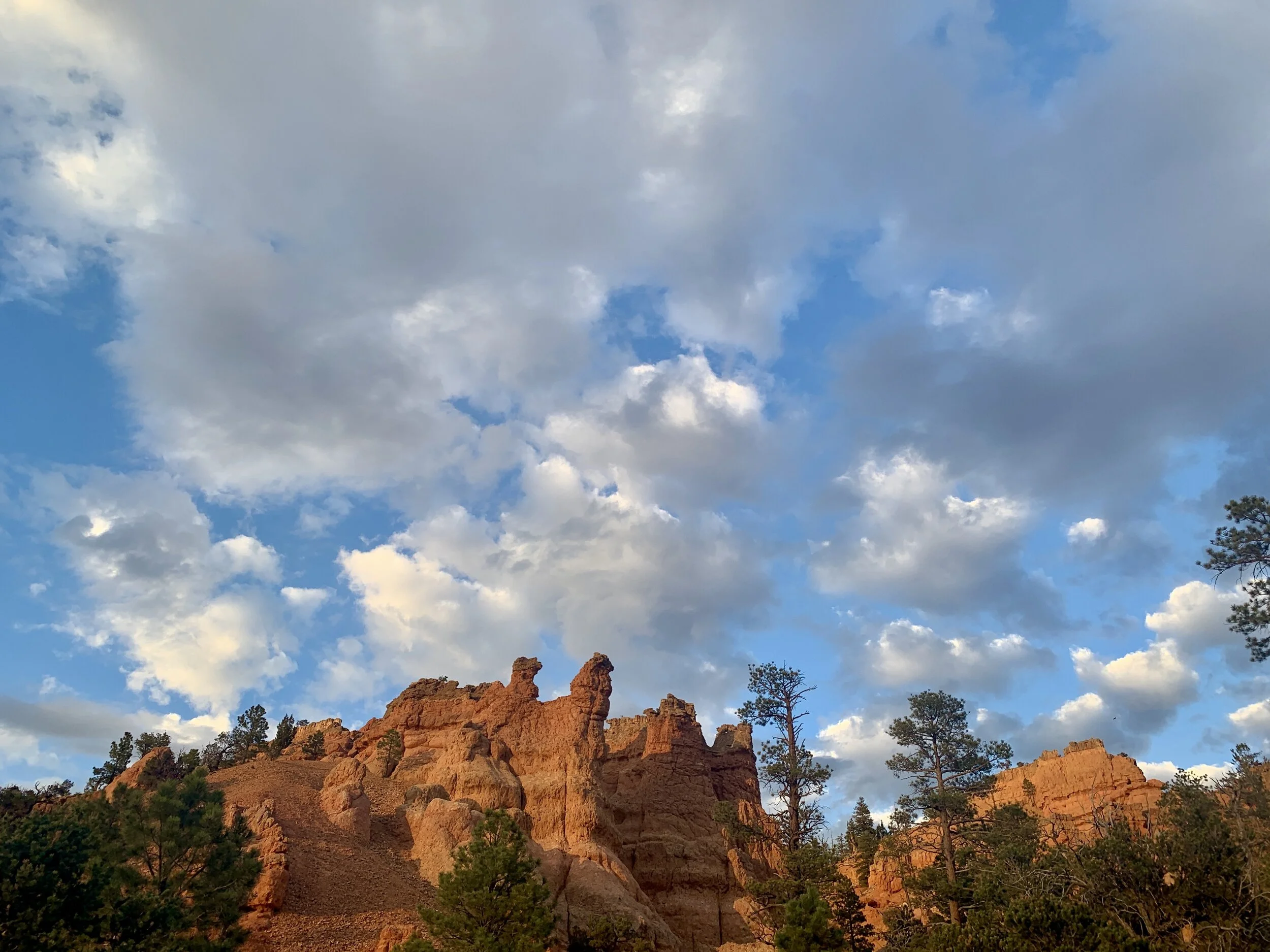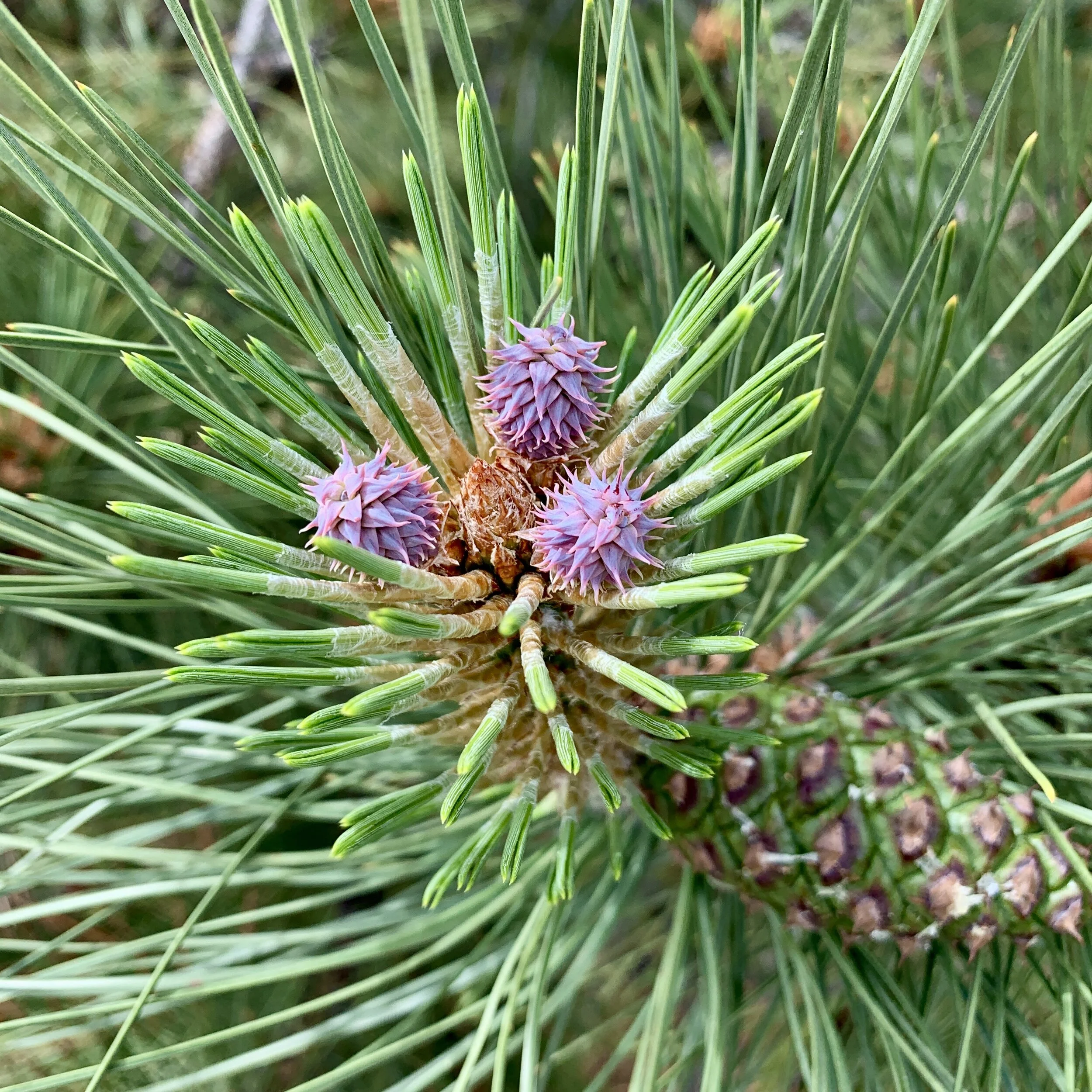Grand Teton National Park
I have been re-memorizing a poem during this trip. The first time I memorized Lines Composed a Few Miles Above Tintern Abbey was in 2010 while studying abroad in London. At the time, the act of memorizing was an assignment (either write a paper or recite the poem in front of the class) but it quickly turned into a deep textual analysis—as all memorization does eventually.
The poem is about Wordsworth’s return to an area known as the Welsh Borders. Specifically he is on the banks of the Wye River looking down on the ruins of Tintern Abbey. He wrote the poem in July 1798 during a walking tour. It had been five years since his last visit and during his time away, the views he beheld as he wrote were a great comfort.
“Five years have passed, five summers with the length / of five long winters! and I again I hear / these waters rolling from mountain-springs / with a soft, inland murmur.—”
Ultimately the poem captures Wordsworth’s philosophy on the connection to nature and the existential value that it brings to humanity,
“…Nor less, I trust,
To them I may have owed another gift,
Of aspect more sublime; that blessed mood,
In which the burthen of the mystery,
In which the heavy and the weary weight
Of all this unintelligible world,
Is lightened:”
•
I want come back to Grand Teton National Park. Hopefully it will not be five years, but until then, the views of peaks and meadows will remain with me, in my minds eye. I bring up the poem because it speaks to the value that nature holds for each of us, regardless of how long we choose to remain in a landscape. I have spent the least amount of time in Grand Teton, but it is the park I’d like to return to the most. Specifically, I’d like to tackle Grand Teton Peak: the highest peak in the range at 13,770’ elevation.
My last park post was from Yellowstone NP. Grand Teton NP is connected to Yellowstone by the 30 mile John D. Rockefeller Highway. After driving through Yellowstone, I made my way south and camped in Bridger-Teton National Forest to the east of the park.
My hiking partner, Sadie, prevents me from walking the trails within the park, so we hiked in the national forest, across from the Teton Range, up Shadow Mountain. The trail was lined with wildflowers and a bit of elevation gain took us to a forest of aspen and conifers. During the hike down, I watched the sunset and contemplated where to spend the night. All of the dispersed camping sites I’d found in the National Forest were full.
Luckily, Jackson, Wyoming (Jackson Hole is the name of the valley, not the city) turned out to be a surprisingly van-friendly city. Overall, living in a van is easier in this part of the country; there is more public land for free camping, and there are more people living out of their vehicles. In New Hampshire I frequently am approached about my van, and peppered with questions about the lifestyle. Not once have I been asked, or noticed, by anyone on this trip. Vans are a common sight. Besides, it’s summer and millions of people are traveling just as I am.
Living in a van you learn to gravitate towards the edge of towns, near warehouses, parks and wide open streets. It seems that Jackson has a lenient van policy, as long as vanlifers behave and keep a low profile. I found a block with free parking and about a dozen other vans hunkered down for the night. The sight of multiple vans is a comforting view—though it is a far cry from a communal campground. No one is out and about talking, chatting, setting up chairs and cooking food (Most likely that would result in a strictly enforced overnight parking ban), but we all know that we’re not alone for the night.
The next day I was feeling the need for some social energy and extroverted activities, in addition to some wifi so I could catch up on my other blog writing work. I found a coffee shop with a shaded lawn covered in tables and chairs. I noticed a man sitting by himself with a laptop, bowl of granola & yogurt, and a coffee. Rather than take up an entire table by myself, I asked if I could join him.
Max is an English-Australian who lives in L.A. and works as a software salesman. Like myself, he is traveling around the Rocky Mountains. I asked him why.
“I’m not exactly sure, it was somewhat on a whim. I wanted to get out of the city. I work remotely so during the week I rent a room in town, or sit at a shop. On the weekends I sleep in my rooftop tent [on his car] and hike.”
Max was headed north to Montana that afternoon and I was heading south towards Utah the next morning. Our paths crossed only for a coffee shop conversation. We both expressed appreciation for time to connect with a fellow traveller.
I wish I ‘d asked more pointedly why he felt the need to travel. I wonder if Max feels a deep insight gained from spending time in nature.; the transformation that landscapes—even the mere memory of their views—that Wordsworth describes:
—that serene and blessed mood,
In which the affections gently lead us on,—
Until, the breath of this corporeal frame
And even the motion of our human blood
Almost suspended, we are laid asleep
In body, and become a living soul:
While with an eye made quiet by the power
Of harmony, and the deep power of joy,
We see into the life of things.”
The Tetons have been a welcome respite from busy RMNP and crowded Yellowstone NP. I’ve taken a short break from reading climate change research. Hiking in this area has revived an internal rhythm that collects and stores views and moments for the future.





